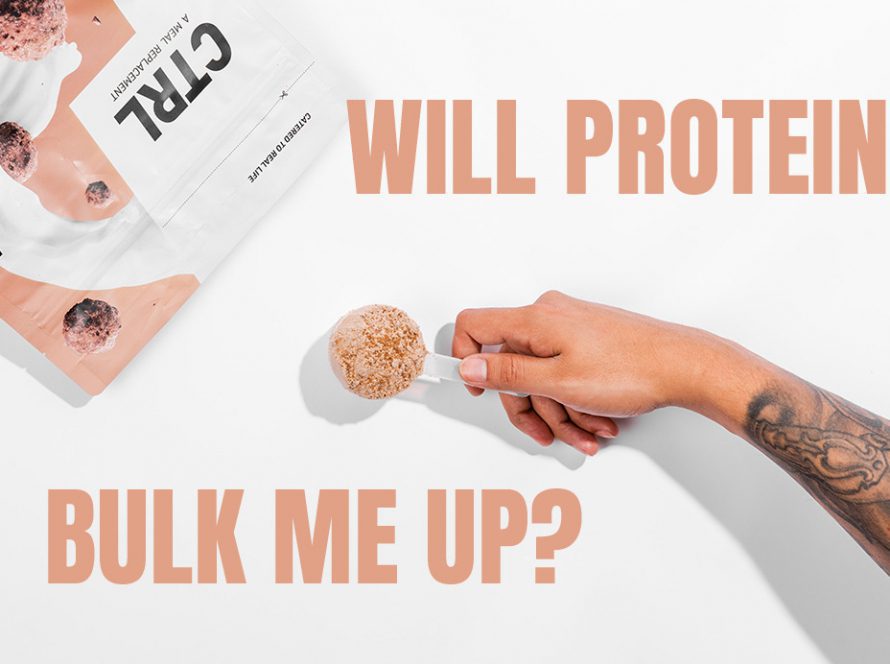Are you eating certain diet or health foods in a bid to get thinner, but actually getting fatter? Unfortunately, nutrition is full of all sort of misconceptions, lies and exaggerations. Food companies are a genius at marketing food products to appeal to our healthy living lifestyle. Unfortunately, they are far from healthy and are having a detrimental effect on our waistlines and ultimately our health. Let me help you gain an insight into what is in our so called diet and health foods. Let me help you become a Sugar Sherlock. Here are my top 5.
Wholewheat bread
As a nation of bread lovers, we have been brainwashed to consider brown bread as a healthy alternative to white bread, that somehow brown bread will prevent us from gaining as much weight as white will. Sorry to burst your bubble, not true! It is a blatant marketing ploy, firstly brown bread as with a lot of whole grain products aren’t actually made from actual “whole” grains. Granted, it may have marginally more fibre and nutrients but it pretty much has the same spike in our blood sugars as its been ground down and processed to a fine flour. Furthermore, there is no individual nutrient in Wholewheat bread that cant be found in greater quantities in other foods.
Takeaway: A lot of my clients ask me where do they get here fibre from if they eliminate wholegrain bread. My answer is that there is no comparison between the fibre amounts and overall nutritional density of green vegetables versus whole grains. A medium stalk of broccoli has nearly twice as much fibre than a slice of wholegrain bread.
Fat-free Yogurts
Most fat free, low fat, reduced fat yoghurts are glorified pots of confectionery! When food manufacturers remove the fat from yoghurts, it isn’t palatable enough sell in large volumes, therefore, they add a concoction of other stuff to compensate for the lack of fat. Usually, this is sugar, artificial sweeteners or high fructose corn syrup (a fancy word for sugar). The irony is that the saturated fats removed from the yoghurts are actually better for us than the stuff it is actually replaced with. Studies prove that there is no evidence to suggest that saturated fat contributes to obesity, in fact, one study showed that people who ate the highest fat dairy products were the least likely to become obese.
Gluten free products
Unless you have been diagnosed as a coeliac then there should be no dietary requirement to avoid gluten. Unfortunately, we seem to think that Gluten free is the healthier option. As a result of this food, manufacturers have jumped onto the bandwagon and brought all sorts of gluten free products to the marketplace. The problem is that they are usually just as bad as their gluten counterparts. More recently I find a lot of clients self-diagnose gluten intolerance when in fact they are overeating processed foods particularly carbohydrates which cause inflammation to the gut and the tummy bloats and can cause gas and cramps. Gluten free foods are made with highly refined carbohydrates, sugar and other chemicals, are highly priced and taste awful. If you do suffer from bloating and discomfort after eating certain food products and want to eliminate gluten then choose foods that are naturally gluten-free like plants and animals.
Breakfast Cereal
Chances are if you eat a boxed cereal for breakfast you get a quick boost due to a spike in your blood sugar levels and a crash a few hours later which leads to craving high sugar carbs. They are usually loaded with sugar, an average bowl of special healthy cereal can have up to 6 teaspoons of sugar in it. This is not the best start to the day and provides little vitamins or minerals. Try eating a natural breakfast including eggs, berries and veggies or a slow release carbohydrate like Porridge oats. Learn how to read the labels, when you see fortified with vitamins and minerals this translates to “processed so much that the manufacturers had to add in vitamins at the end of the manufacturing process”. Avoid anything that says low fat or wholegrain.
Shop bought Smoothies
Usually marketed as “natural”, “part of your 5 a day”, the truth is actually a little different. These smoothies are packed full of fruit from concentrate which is essentially pure sugar and will hit your blood sugar levels like a steam train. They also pack in a lot of calories due to the high sugar content, it will leave you feeling hungry a few hours late and will not increase your satiety. The food companies will use buzz words like “organic”, and “naturally occurring sugars” this is like a wolf dressed in sheep’s clothing as they can contain up to the equivalent of 8 teaspoons of sugar in a small bottle. Unfortunately, you are also missing out on the added benefit of the fibre when fruits are blended. Become a real sugar Sherlock and check out the best before date, real blended fresh fruit should only have a short shelf life of a few days so if its more than a week – walk away!


